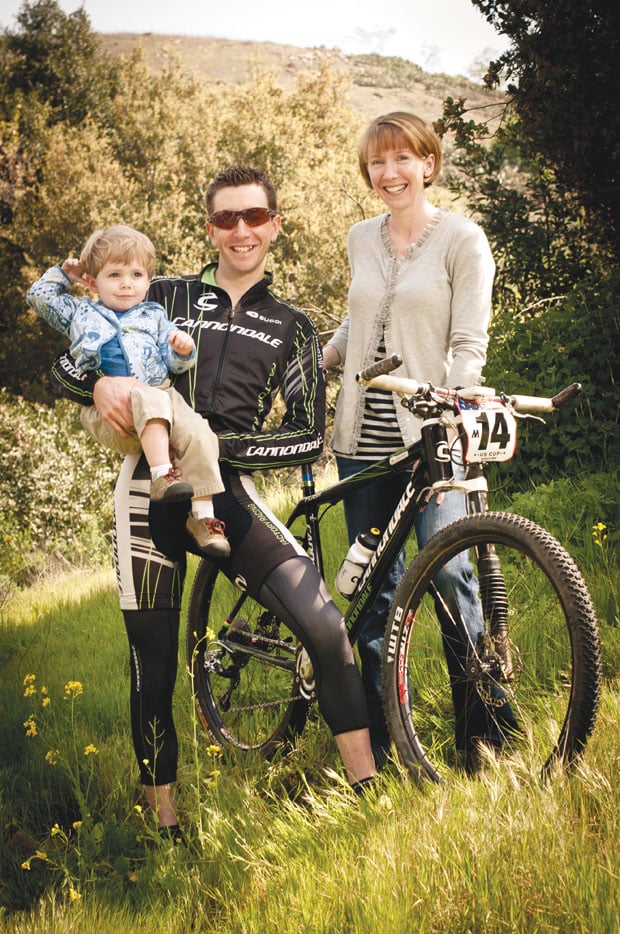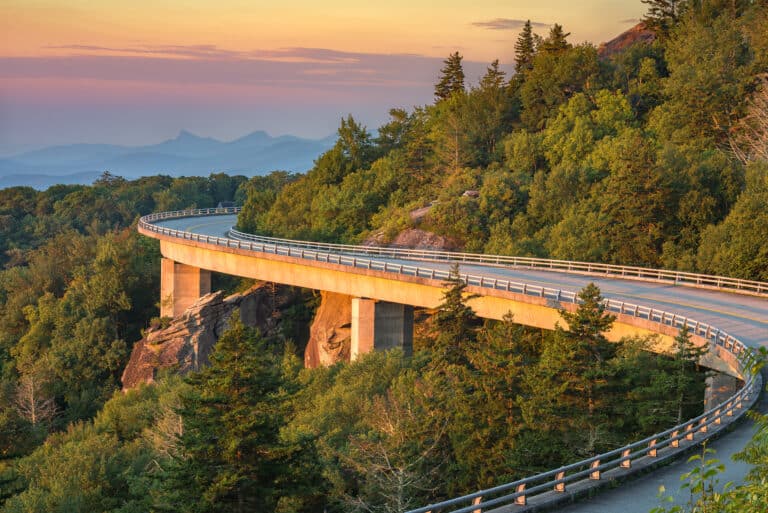Photo: Michael Negrete
Jeremiah Bishop is a winner. He’s taken gold at the Pan American Games in 2003, triumphantly finished as a USA National Champion in 2008 for both cross country and marathon mountain biking, and most recently he made the 2012 Olympic Long Team, an eight member training pool out of which two riders will be selected to represent the U.S. in the Olympics.
Despite his crowning achievements, Bishop embodies a strong sense of humility. He grew up with little money or opportunity, and surrounded by bad influences. The outlook was bleak. When the odds were against him, Bishop bucked the system. One day he straddled a little red mountain bike lent to him by a childhood friend, dropped the bike into low gear, and marveled at its power as he pedaled up a huge hill and never looked back.
But in 2002 Bishop hit a physically limiting mental flatline, struggling to further improve. That year Bishop and his long time friend and inspiration, Chris Eatough, teamed up on the TransAlp Challenge, an eight-day behemoth of a stage race through the Alps in Germany, Switzerland, Austria, and finishing in Italy—60,000 vertical feet of climbing in eight days. It was the toughest race he’d ever attempted. Along the way he learned that—while already being a pro—if he were to ride harder he could be more. He could be a champion.
“Just imagine the hardest, most gutted out you’ve ever felt on a mountain bike: that was the first day. I said to myself, ‘This is a little more than I thought I was getting into.’ And this type of racing, point-to-point mountain bike racing, we thought we’d do pretty good, and we got our asses handed to us. We got served up some serious beat down that day.
I cramped pretty bad and Chris was pushing me. I mean, we probably squeaked into 6th place on the first stage, a relatively short stage compared to what was coming.
After the second day we were a little bit closer, and on the third day I was starting to pull with renewed strength when we got into the flat sections and we were riding with some of the lead groups. The fifth day, I started to feel stronger. Not just a little bit stronger. I was able to climb away from Chris. He wasn’t slowing down; I was just speeding up. I was actually able to stay with the lead group, and I would have to stop and wait for Chris. We had to ride together, so we stuck together for our best overall performance, but we realized we weren’t going to win the race.
We got to the final stage and Chris was looking at the profile, and it had a really big 4,000-vertical-foot downhill, and he said, ‘I think we can win this stage.’ We looked at the map—it’s mostly singletrack—most of the race up until that point had been dirt road, which was immensely frustrating for two East Coast mountain bikers that can jump a knee- high log like it’s a sneeze and can navigate rock gardens like it’s second nature. I felt really strong and pushed it really hard. I was helping Chris get just over the tops of the climbs, you know, giving him a little bit of a push, just to get us up to that lead group.
We made contact with the lead group right at the top, right before the final, major descent, and we just dropped in like a pair of bombers. We lost the two German guys who were leading the race and, yeah, we took off—just dropped the descent. We really put some time into those guys. Probably close to five minutes.
We got out of the singletrack and we had some full-fledged downhill through several villages, a good straightaway of maybe 20 kilometers, and then the finish in the down of Garda. I was leading and we came around a really tight bend. The buildings in Europe are built right up against the corners of the alleys and streets. I angled and swung wide—Chris was on my wheel—and there was a car coming right at me. I locked up both brakes. First Chris hit me and then I hit the car and kind of slid one leg under the car. The car was luckily stopped at that point, and we dented the door. I got up so fast that I almost bounced up off the ground even though I had sprained my ankle and was all scratched up. I looked back and Chris was adjusting his jersey and had blood on his elbow and his knuckles and was spinning his front wheel. His front wheel was wobbly and mine was actually pretty messed up too, so I undid my front brake (we had cable brakes at the time), and we got back on and we slowly got back up to speed.
We pinned it down on the last stretch of road. I was like a steam engine all the way to the finish.
That race was a rebirth for me. I knew I was tough before that point. What changed was that I realized how hard I needed to train to get that level out of my engine. That meant I needed to train like a monster. I mean, I needed to do some really ridiculous training. Now I do that. It’s part of the job, and it works.”
Bishop and Eatough were the first Americans to ever win a stage of the TransAlp Challenge.







